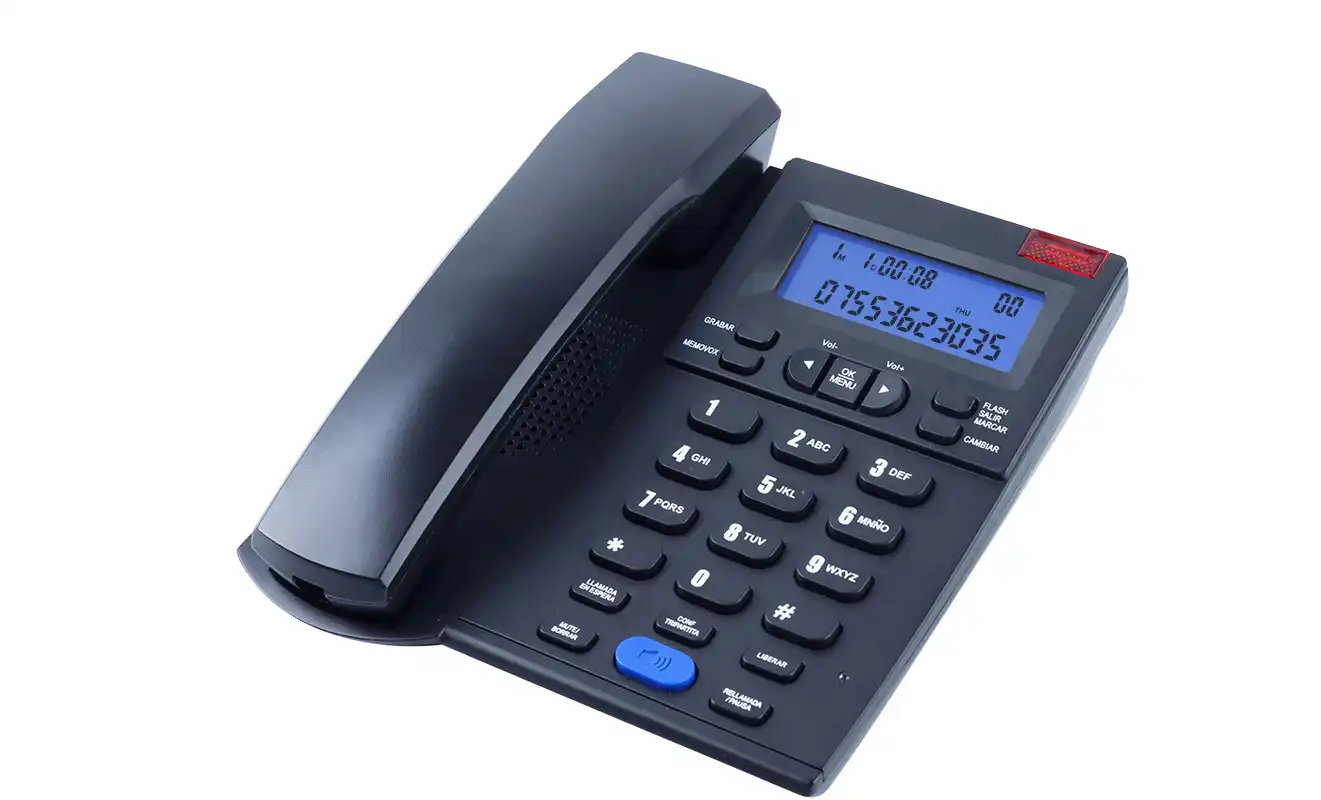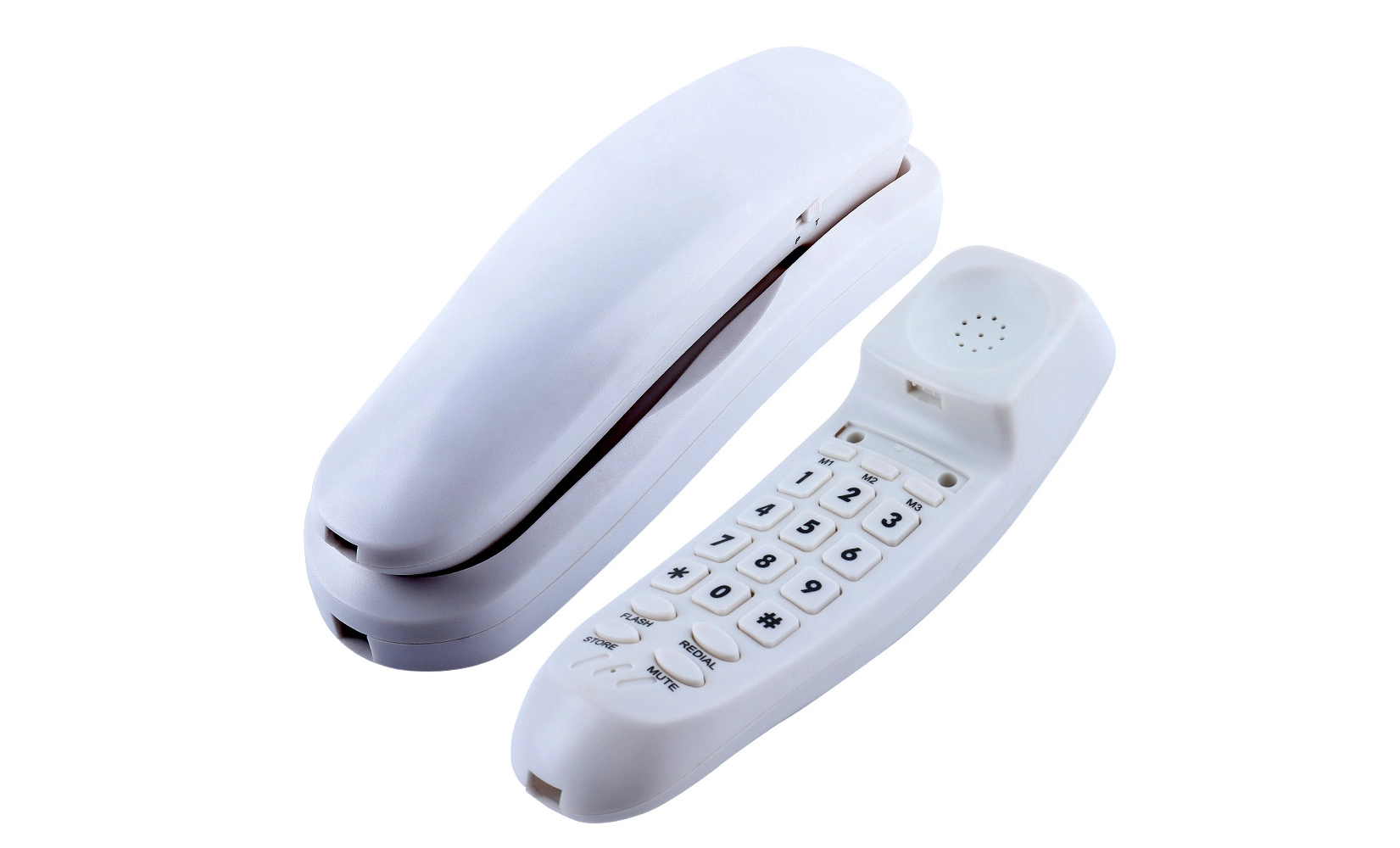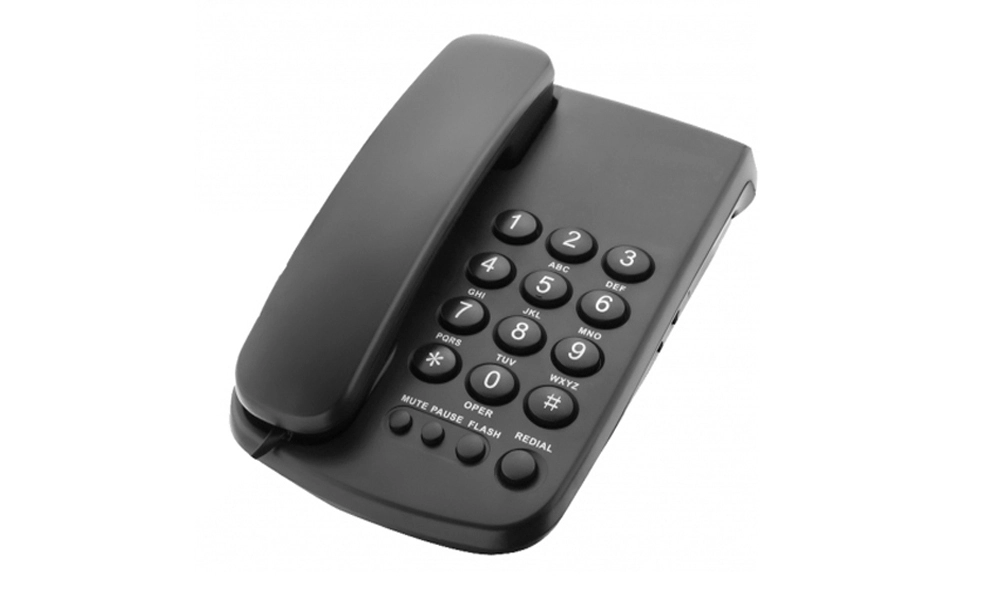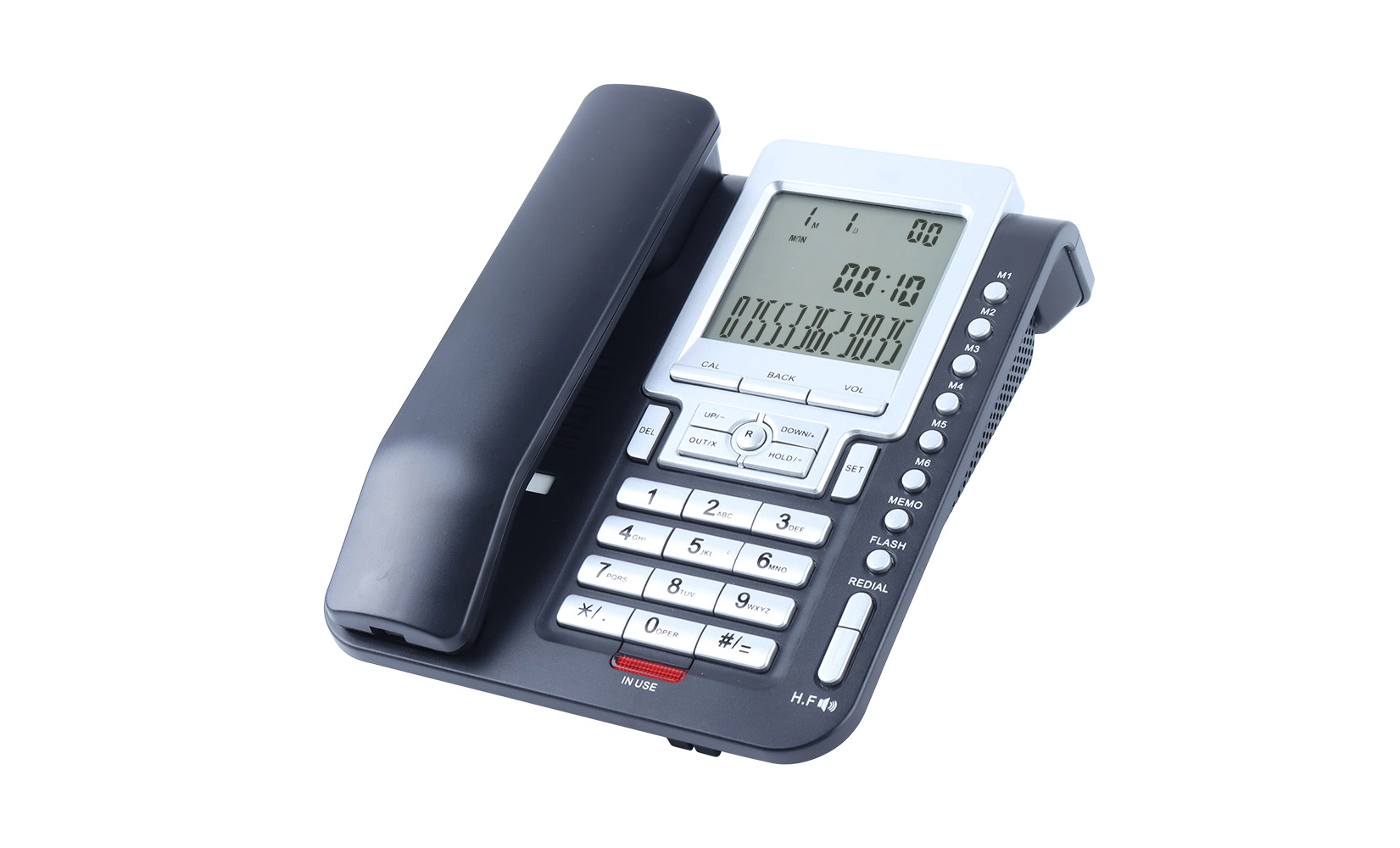The Evolution of Business Telephone Systems
Business telephone systems have come a long way since their inception. The journey from basic landlines to sophisticated IP-based solutions reflects the changing needs of modern enterprises. Early telephone systems were simple, point-to-point connections that allowed for voice communication between two parties. As businesses grew and communication needs became more complex, private branch exchanges (PBX) emerged, enabling internal calling and shared external lines.
The digital revolution brought about a significant transformation in business telephone technology. Digital PBX systems introduced features like voicemail, call forwarding, and conference calling, enhancing the functionality of business communications. This era also saw the introduction of interactive voice response (IVR) systems, which automated call routing and improved customer service efficiency. These advancements marked a major step toward the modern Reliable Business Telephone solutions that organizations depend on today.
The advent of Voice over Internet Protocol (VoIP) technology marked another milestone in the evolution of business telephone systems. VoIP allowed voice calls to be transmitted over the internet, reducing costs and enabling integration with other digital communication tools. This technology paved the way for unified communications systems, which combine voice, video, messaging, and collaboration tools into a single platform.
Key Milestones in Business Telephone Evolution
- 1876: Invention of the telephone by Alexander Graham Bell
- 1960s: Introduction of touch-tone dialing
- 1980s: Emergence of digital PBX systems
- 1990s: Development of VoIP technology
- 2000s: Rise of unified communications platforms
Today, business telephone systems are more sophisticated than ever. They offer features like call analytics, CRM integration, and mobile compatibility, catering to the needs of modern, agile businesses. The integration of artificial intelligence and machine learning is further enhancing these systems, enabling predictive call routing, automated transcription, and intelligent virtual assistants.
Essential Features of Modern Business Telephone Systems
Modern business telephone systems offer a wide array of features designed to enhance communication efficiency and productivity. Understanding these features is crucial for businesses looking to leverage their telephone systems to their full potential. Here are some essential features that define contemporary business telephone solutions:
Call Management and Routing
Advanced call management features are at the heart of modern business telephone systems. These include automated attendants that greet callers and direct them to the appropriate department or individual. Call queuing systems manage high call volumes efficiently, ensuring that no customer is left unattended. Intelligent call routing uses predefined rules or real-time data to direct calls to the most appropriate agent or department, improving response times and customer satisfaction.
Unified Communications
Unified Communications (UC) is a concept that integrates various communication tools into a single platform. In the context of business telephone systems, this means combining voice calls with video conferencing, instant messaging, email, and presence information. UC systems allow employees to seamlessly switch between different modes of communication, enhancing collaboration and productivity.
Mobility and Remote Work Support
With the rise of remote and flexible work arrangements, business telephone systems now offer robust mobility features. These include mobile apps that allow employees to make and receive calls using their business number from personal devices, as well as features like call forwarding and simultaneous ring that ensure calls reach the right person regardless of their location.
Integration Capabilities
Modern business telephone systems are designed to integrate with other business tools and software. This includes Customer Relationship Management (CRM) systems, allowing for automatic call logging and quick access to customer information during calls. Integration with productivity suites like Microsoft Office or Google Workspace enables click-to-call functionality and calendar synchronization for efficient scheduling.
Analytics and Reporting
Advanced analytics and reporting features provide valuable insights into call patterns, performance metrics, and customer interactions. These tools help businesses optimize their communication strategies, improve customer service, and make data-driven decisions about resource allocation and staffing.
By incorporating these features, modern business telephone systems not only facilitate clear and reliable communication but also contribute significantly to overall business efficiency and customer satisfaction.
 Choosing the Right Business Telephone System for Your Company
Choosing the Right Business Telephone System for Your Company
Selecting the appropriate business telephone system is a crucial decision that can significantly impact your company's communication efficiency and overall productivity. With a plethora of options available in the market, it's essential to consider several factors to ensure you choose a system that aligns with your business needs and goals. Investing in a Reliable Business Telephone solution ensures seamless connectivity, scalability, and long-term performance for your organization.
Assessing Your Business Needs
The first step in choosing a business telephone system is to conduct a thorough assessment of your company's communication requirements. Consider the following questions:
- How many employees need telephone access?
- Do you have multiple office locations or remote workers?
- What are your call volume and call routing needs?
- Do you require advanced features like video conferencing or CRM integration?
- What is your budget for initial setup and ongoing maintenance?
Answering these questions will help you narrow down your options and focus on systems that meet your specific needs.
Types of Business Telephone Systems
Understanding the different types of business telephone systems available can help you make an informed decision:
- Traditional Landline Systems: These use copper wire telephone lines and are known for their reliability. However, they are becoming less common due to limited features and scalability.
- VoIP Systems: Voice over Internet Protocol systems use your internet connection for calls. They offer advanced features and are often more cost-effective than traditional systems.
- Cloud-Based Systems: These are VoIP systems hosted by a third-party provider. They offer flexibility, scalability, and minimal on-site hardware requirements.
- Hybrid Systems: These combine elements of traditional and VoIP systems, offering a balance of reliability and advanced features.
Key Factors to Consider
When evaluating different business telephone systems, keep the following factors in mind:
- Scalability: Choose a system that can grow with your business without requiring a complete overhaul.
- Reliability: Ensure the system has robust backup and failover mechanisms to minimize downtime.
- Feature Set: Look for features that will enhance your business operations, such as call analytics, mobile integration, or automated attendants.
- User Experience: The system should be intuitive and easy to use for both employees and customers.
- Integration Capabilities: Consider how well the system integrates with your existing tools and software.
- Support and Maintenance: Evaluate the level of support offered by the provider, including installation, training, and ongoing technical assistance.
- Cost: Consider both upfront costs and long-term expenses, including equipment, installation, monthly fees, and potential upgrade costs.
By carefully considering these factors and aligning them with your business needs, you can select a business telephone system that not only meets your current requirements but also supports your company's future growth and communication goals.
Conclusion
The importance of reliable telephones in business communications cannot be overstated. As we've explored, a robust business telephone system serves as the foundation for effective internal and external communication, directly impacting a company's efficiency, customer satisfaction, and overall success. From the evolution of telephone technology to the essential features of modern systems and the considerations for choosing the right solution, it's clear that investing in a quality business telephone system is a strategic decision that can yield significant benefits.
In today's fast-paced business environment, where clear and efficient communication is paramount, companies must prioritize their telephone systems as a critical component of their infrastructure. By selecting a system that aligns with their specific needs, businesses can ensure they have the tools necessary to maintain strong client relationships, streamline operations, and stay competitive in an increasingly connected world.
As technology continues to advance, we can expect business telephone systems to evolve further, integrating more deeply with other business tools and leveraging emerging technologies like AI and machine learning. Companies that stay informed about these developments and adapt their communication strategies accordingly will be well-positioned to thrive in the dynamic business landscape of the future.
FAQ
What are the main advantages of VoIP systems over traditional landlines?
VoIP systems offer cost savings, advanced features like video conferencing and CRM integration, and greater flexibility for remote work.
How often should a business upgrade its telephone system?
It depends on the company's growth and changing needs, but generally every 5-7 years to stay current with technology advancements.
Can small businesses benefit from advanced telephone systems?
Absolutely. Modern systems offer scalable solutions that can enhance customer service and operational efficiency for businesses of all sizes.
Choose CHEETA for Reliable Business Telephone Solutions
At CHEETA, we understand the critical role of reliable telephones in business communications. With 18+ years of expertise in OEM/ODM services, our Shenzhen-based factory produces high-quality analog and digital telephone solutions. Our commitment to innovation, quality control, and customer satisfaction makes us a trusted choice for businesses seeking dependable communication devices. From voice recording telephones to IP-driven systems, CHEETA delivers cutting-edge solutions tailored to your needs. Experience the difference of our reliable, CE and RoHS compliant products. Contact us at allen@cheeta.com.cn to explore how our telephone manufacturing expertise can elevate your business communications.

References
1. Smith, J. (2022). "The Evolution of Business Communication Technology". Business Communications Quarterly, 45(2), 112-128.
2. Johnson, A. & Brown, M. (2021). "Implementing VoIP Systems in Small to Medium Enterprises". Journal of Business Technology, 18(4), 301-315.
3. Thompson, R. (2023). "The Impact of Reliable Communication Systems on Customer Satisfaction". International Journal of Customer Relations, 29(1), 75-90.
4. Davis, L. et al. (2022). "Unified Communications: A Game Changer for Modern Businesses". Tech in Business Review, 7(3), 205-220.
5. Wilson, K. (2023). "Choosing the Right Business Telephone System: A Comprehensive Guide". Corporate Technology Solutions, 12(2), 150-165.
 In today's fast-paced business world, reliable telephones are the backbone of effective communication. A dependable
In today's fast-paced business world, reliable telephones are the backbone of effective communication. A dependable 




